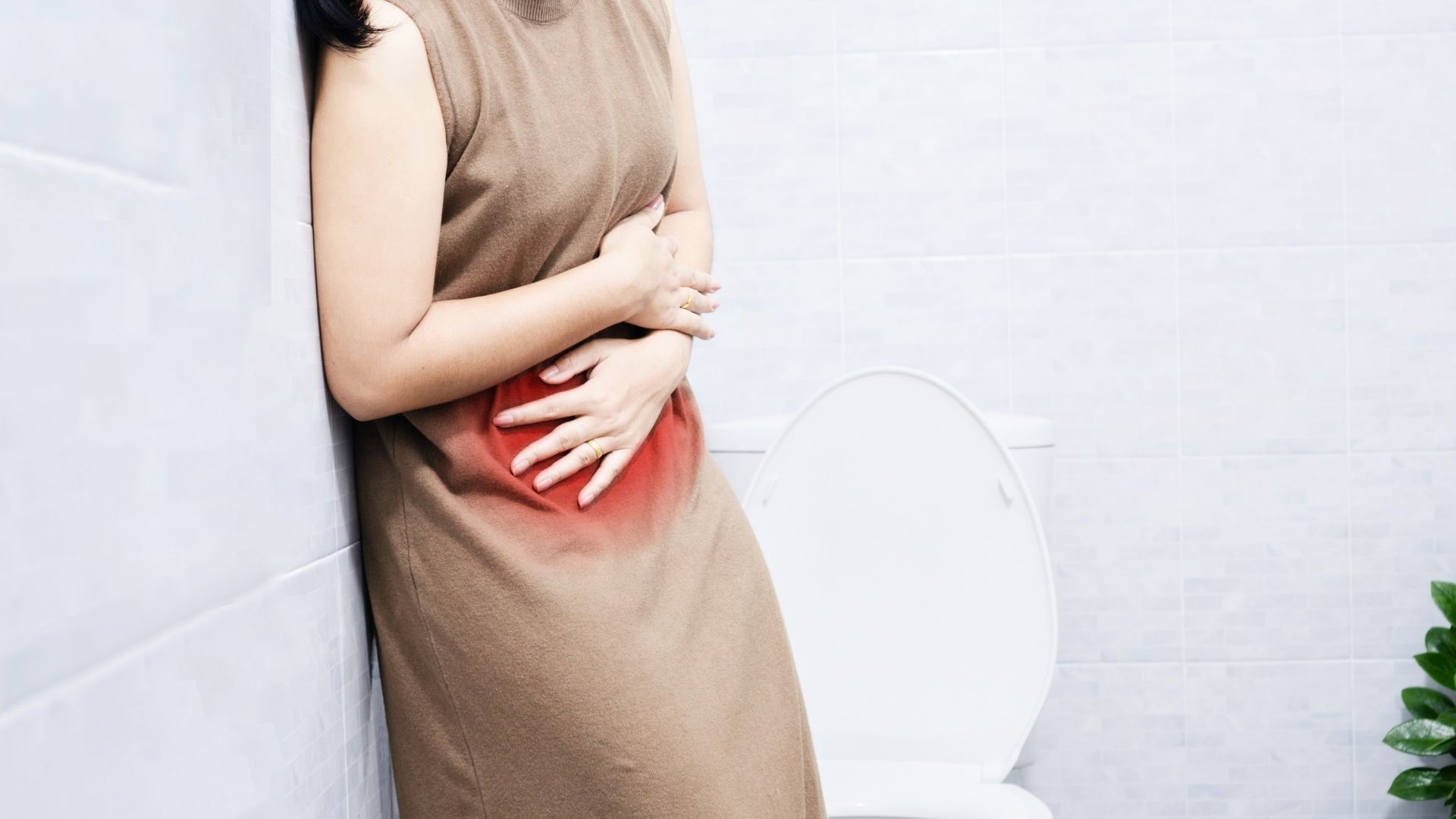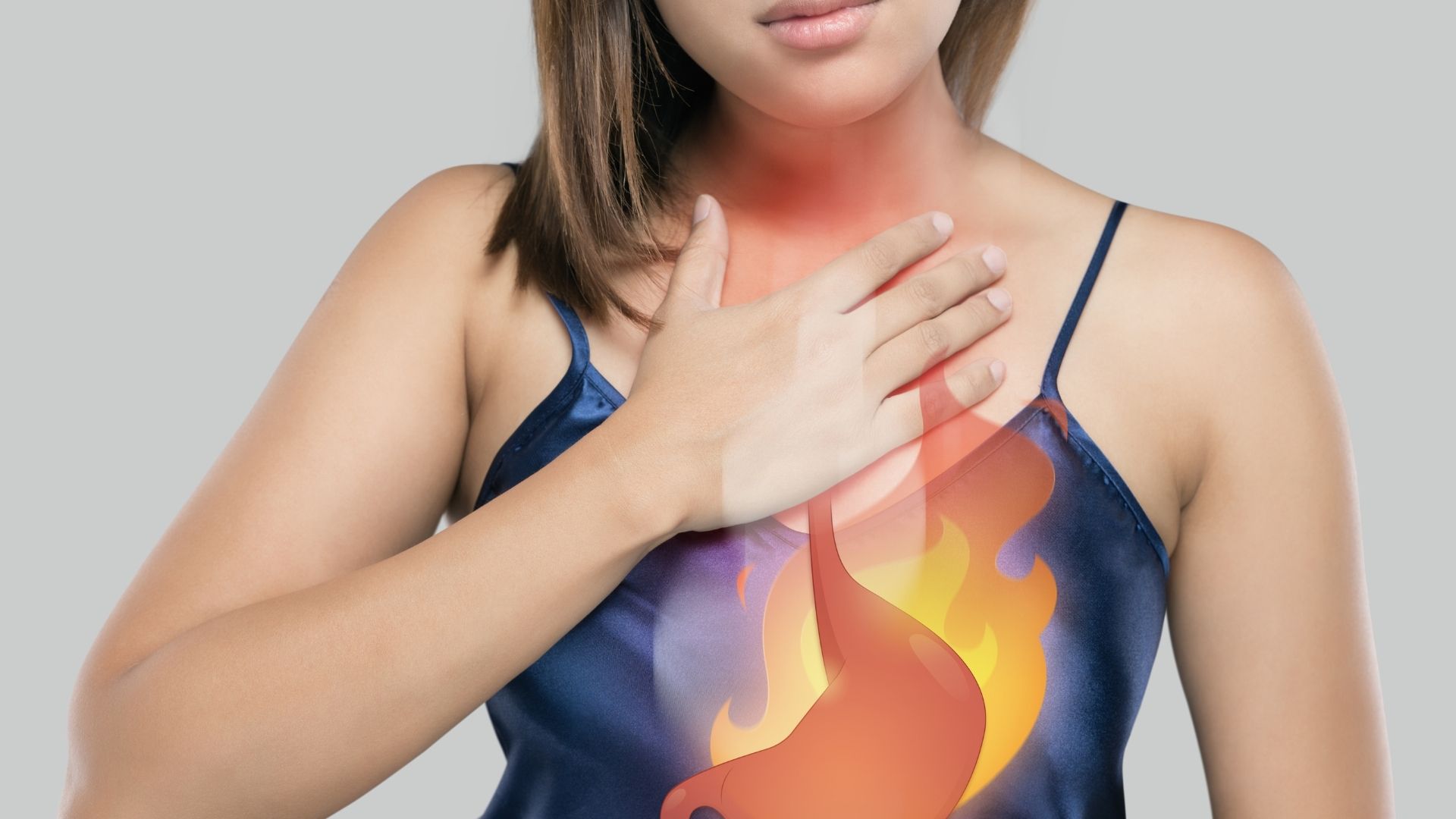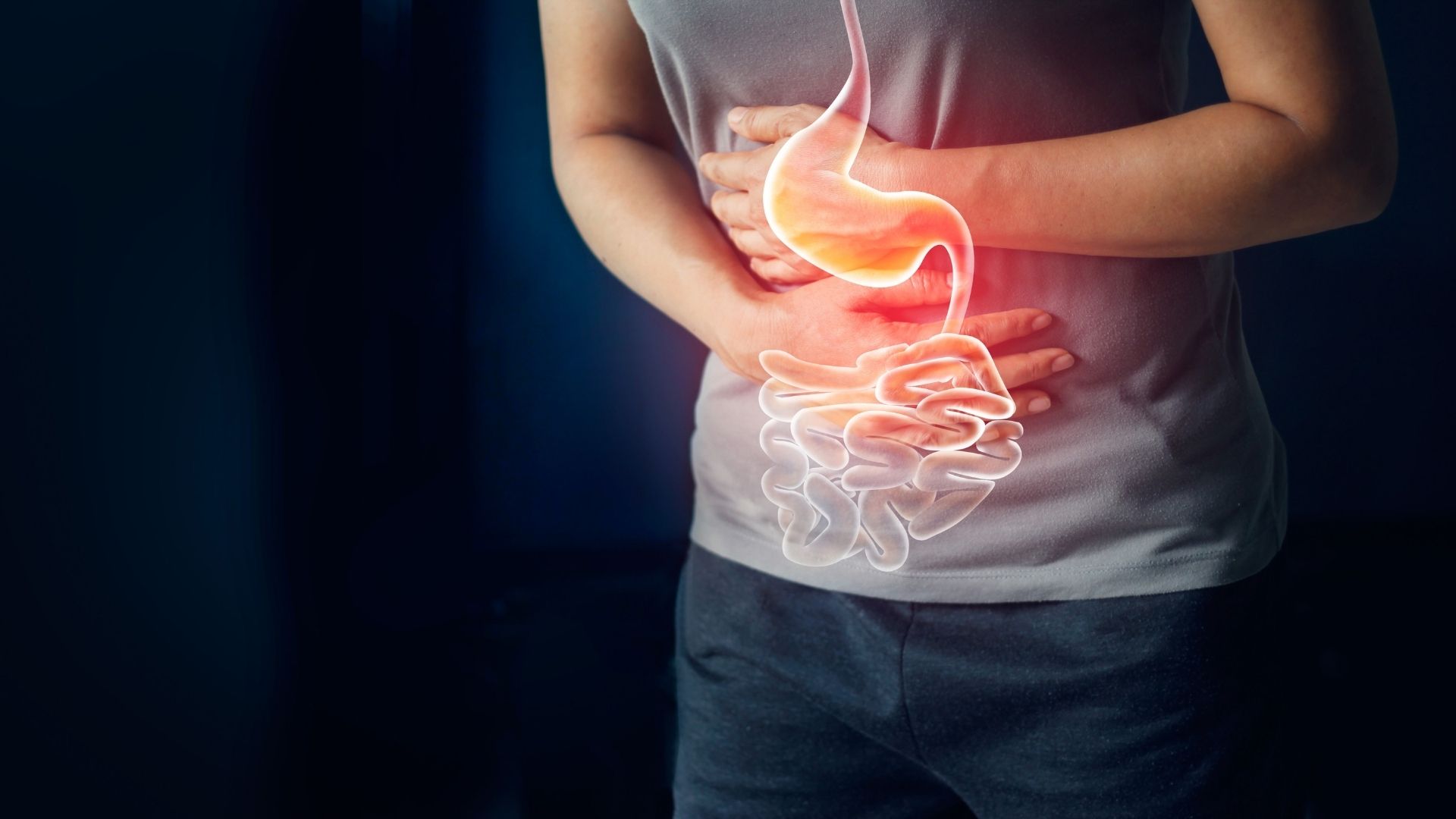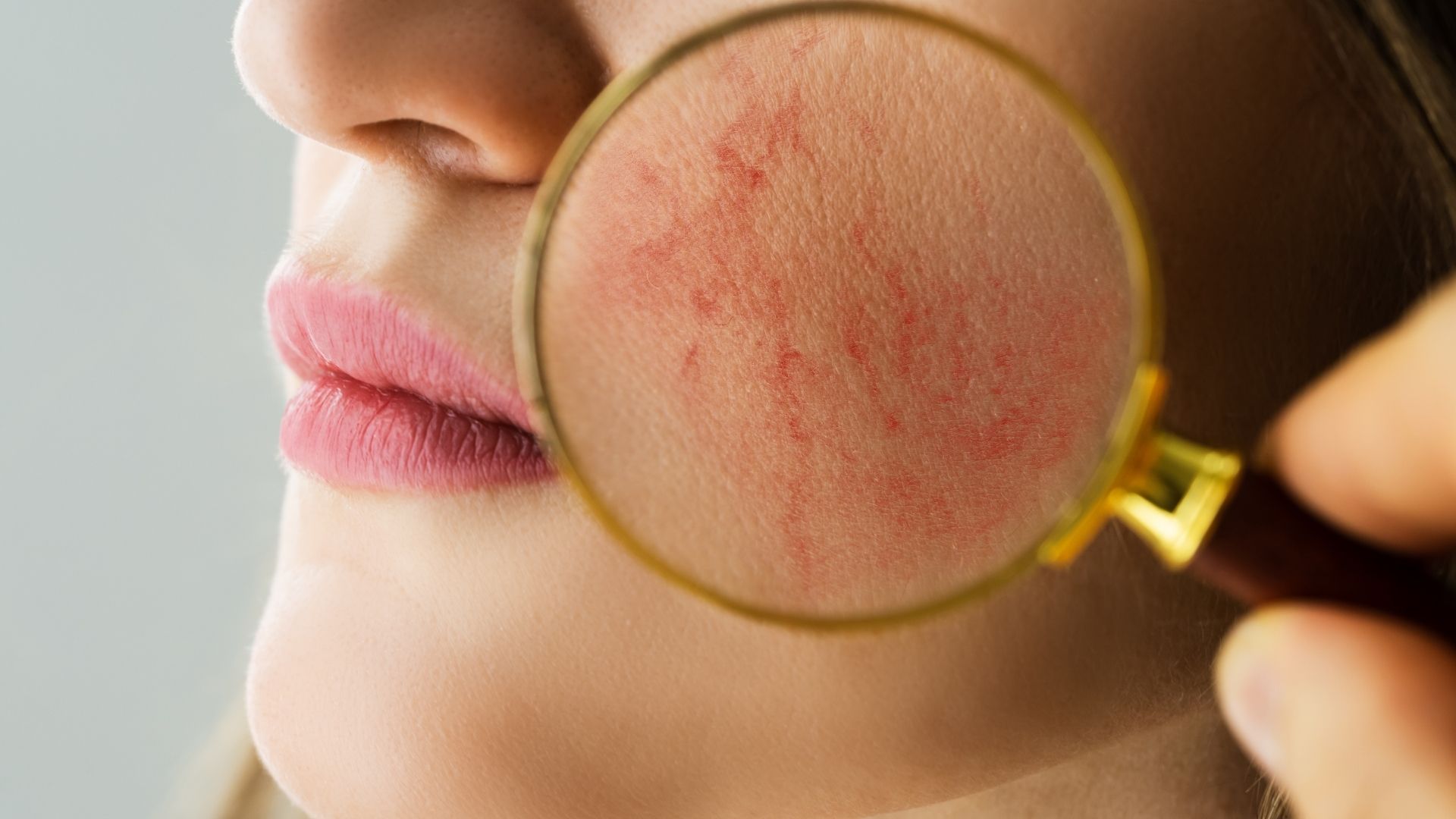What is Stomach Bleeding?
Gastric bleeding is bleeding from the gastrointestinal tract (esophagus, stomach, duodenum, rectum, anus). It is a very common health problem in our country and accounts for approximately 90% of all gastrointestinal bleeding. This condition is more common in people aged 60 years and older, and is more common in men than in women.
There are several causes of gastric bleeding, and some risk factors can lead to it. These factors include incorrect and unconscious use of medication, drugs used for kidney, heart, rheumatism and joint disorders that increase with age, ulcers, tumors, unhealthy diet, smoking and alcohol consumption. Thanks to advanced imaging technologies, the source of bleeding can be identified, and the treatment plan is shaped according to the cause of the bleeding.
Types of stomach bleeding can be analyzed in two main groups: 1 to 6 weeks of gastric bleeding is called “acute gastric bleeding”, while bleeding lasting longer than 6 weeks is called “chronic gastric bleeding”.
Stomach bleeding is a serious health problem and can be fatal if left untreated. In addition, although stomach bleeding is treatable, it carries a risk of recurrence.
Causes
What Causes Stomach Bleeding?
The most common cause of stomach bleeding is stomach ulcers. Other causes of stomach bleeding include the following:
Sores at the junction of the stomach and esophagus.
Varicose structures in the lower part of the esophagus due to liver diseases.
Tumors in the upper gastrointestinal tract.
Helicobacter pylori bacteria.
Excessive consumption of spicy foods.
Untreated or undiagnosed ulcer diseases.
Esophagitis.
Mallory-Weiss syndrome.
Familial and environmental factors.
Incorrect and unconscious use of medication.
Bleeding due to head traumas.
Stress and tension situations.
Use of blood thinners.
Weak constitution.
Use of drugs that increase stomach acid.
Surgical operations.
Occurrence due to untreated ulcer.
Stomach ruptures that may occur due to excessive alcohol and cigarette consumption.
Since gastric bleeding is a condition with a high risk of recurrence, it is important to remove or reduce these causes from your life and adopt a healthier lifestyle.
How does stomach bleeding occur?
Stomach bleeding is usually caused by wounds at the junction of the esophagus and stomach or on the inner wall of the stomach. Tumors or ulcers can cause erosion or destruction of the stomach, which can lead to stomach bleeding. In some cases, even a small wound in the stomach wall can start to bleed due to the effect of blood thinners and gastric bleeding can occur when clotting is not achieved.
Symptoms
What are the symptoms of stomach bleeding?
Symptoms of stomach bleeding can vary from person to person, as some people experience sudden, active and continuous bleeding, while others may have very little bleeding. However, the most common symptoms of stomach bleeding can be:
Fatigue
Dizziness.
Anemia.
Heartburn.
Abdominal pain.
Fainting and shock.
Other symptoms of stomach bleeding may include:
Black stools (melena).
Diarrhea problems.
Upper abdominal discomfort and pain.
Severe stomach pains.
Heartburn and heartburn.
Fast heartbeat.
Shortness of breath.
Excessive sweating.
Loss of appetite.
Sudden attacks of dizziness.
Nausea and vomiting.
Indigestion and bloating.
Low blood pressure and darkening of the eyes.
Vomit like coffee grounds or red in color (hematemesis).
Fatigue, weakness and difficulty standing.
Diagnostic Methods
How is Stomach Bleeding Diagnosed?
Diagnosis of gastric bleeding begins with symptoms and physical examination. The physician examines the patient after asking important questions such as medications used by the patient, substances exposed to, presence of ulcers, weight loss, loss of appetite, vomiting, familial and environmental factors. It is important to examine the degree of blood loss, the presence of other diseases and parameters.
If necessary, the source of gastric bleeding is identified using advanced imaging methods such as endoscopy, angiography and enteroscopy. If the blood loss is very severe, a blood transfusion may be required.
Once gastric bleeding has been diagnosed, treatment should begin immediately.
First Aid for Stomach Bleeding
Wrong first aid interventions for people experiencing symptoms of gastric bleeding can worsen the situation. Therefore, the following mistakes should not be made:
Giving painkillers.
Trying to get them to eat.
Giving milk.
If gastric bleeding is suspected, medical attention should be sought as soon as possible. Since the amount of bleeding cannot be measured by observation, it may result in life-threatening blood loss.
Treatment Methods
How is Stomach Bleeding Treated?
The first step in the treatment of gastric bleeding is to identify the source of the bleeding. The aim of treatment is to stop the bleeding. Once the source of bleeding has been identified, the following methods can be used:
Sealing the bleeding site with a hemoclip: A hemoclip is a method used to close the bleeding area. The clips fall off by themselves after the wounds heal.
Medication: If the bleeding is caused by varicose veins or ulcers, medicines can be used. These medicines can stop the bleeding.
Endoscopy: Endoscopy can examine the lining of the stomach and identify the source of the bleeding.
Surgical intervention: If medication or endoscopy treatment is inadequate, surgical intervention may be needed.
Different treatment methods can be used depending on the type and severity of the bleeding area. For example, if bleeding is due to stomach cancer, chemotherapy or radiotherapy may be preferred.
Also, identifying the cause of bleeding helps to prevent future problems. In patients with mild bleeding, an appropriate diet program can be applied. Consuming fiber-rich foods can help prevent iron deficiency.
Diet after gastric bleeding
It is important for people who have had a stomach bleed to follow a careful nutritional program to speed up their recovery. A nutrition program after gastric bleeding may include the following tips:
Avoid coffee and alcohol.
Avoid spicy foods.
Avoid dairy products and caffeinated drinks.
Prefer fibrous foods.
Eat fibrous foods to prevent iron deficiency.
Limit the use of painkillers or take them in combination with gastroprotective medications.
The nutrition program after gastric bleeding should be customized according to the condition and needs of the person.





